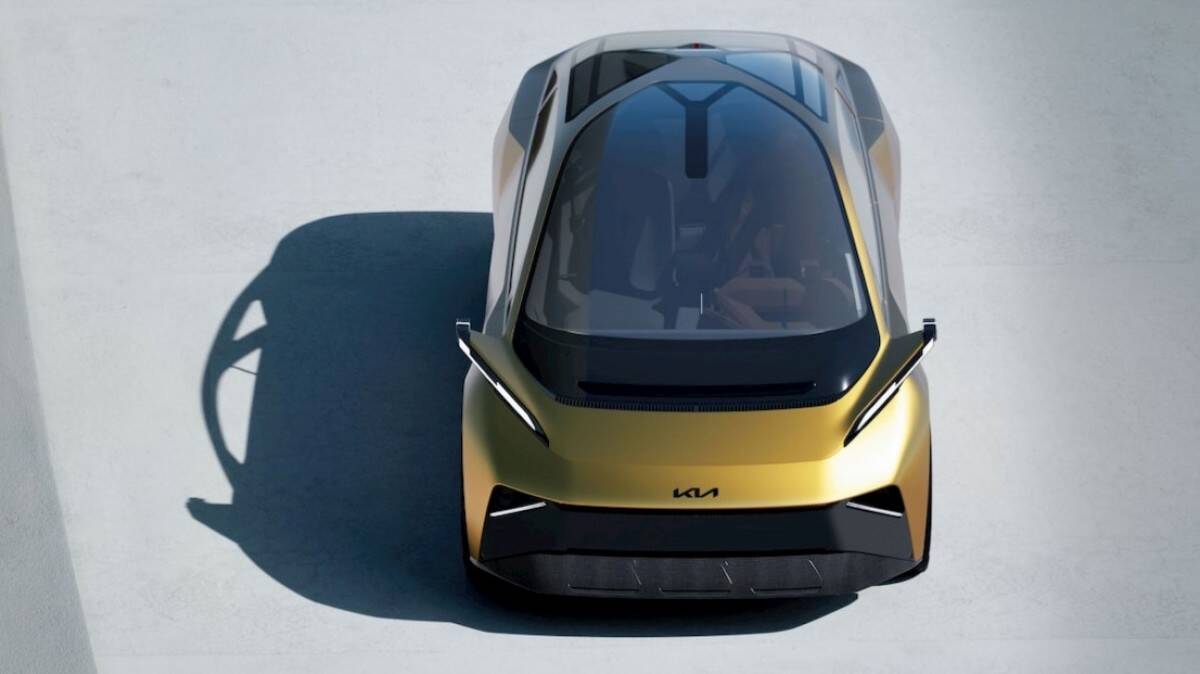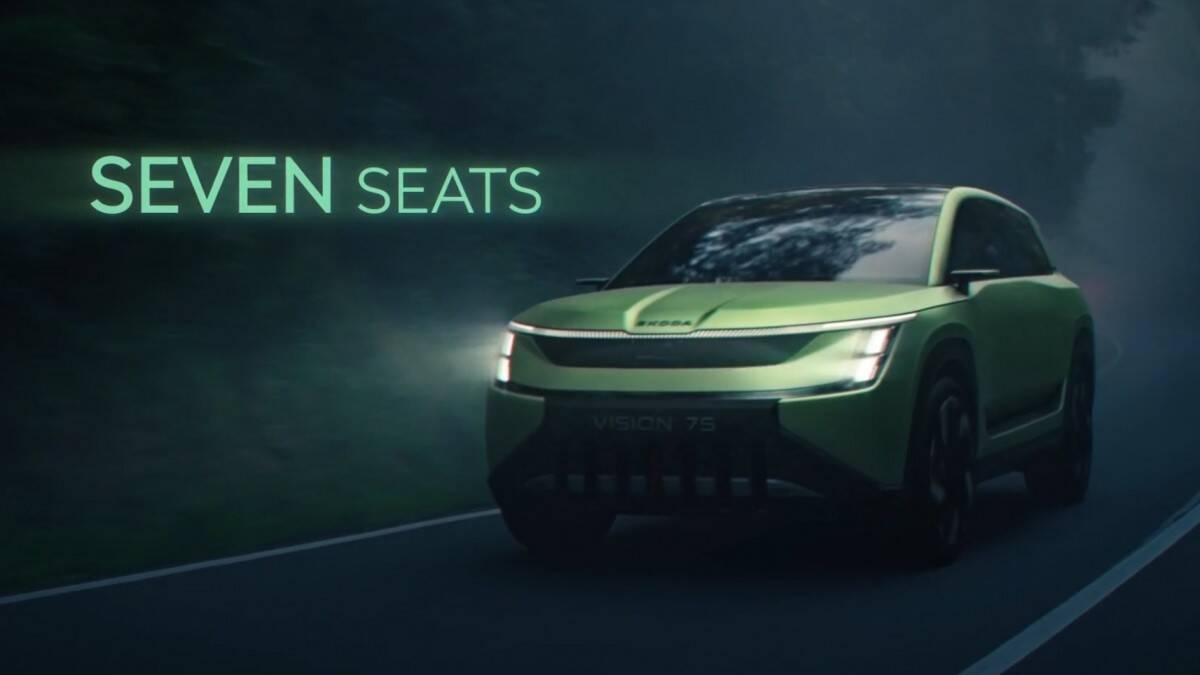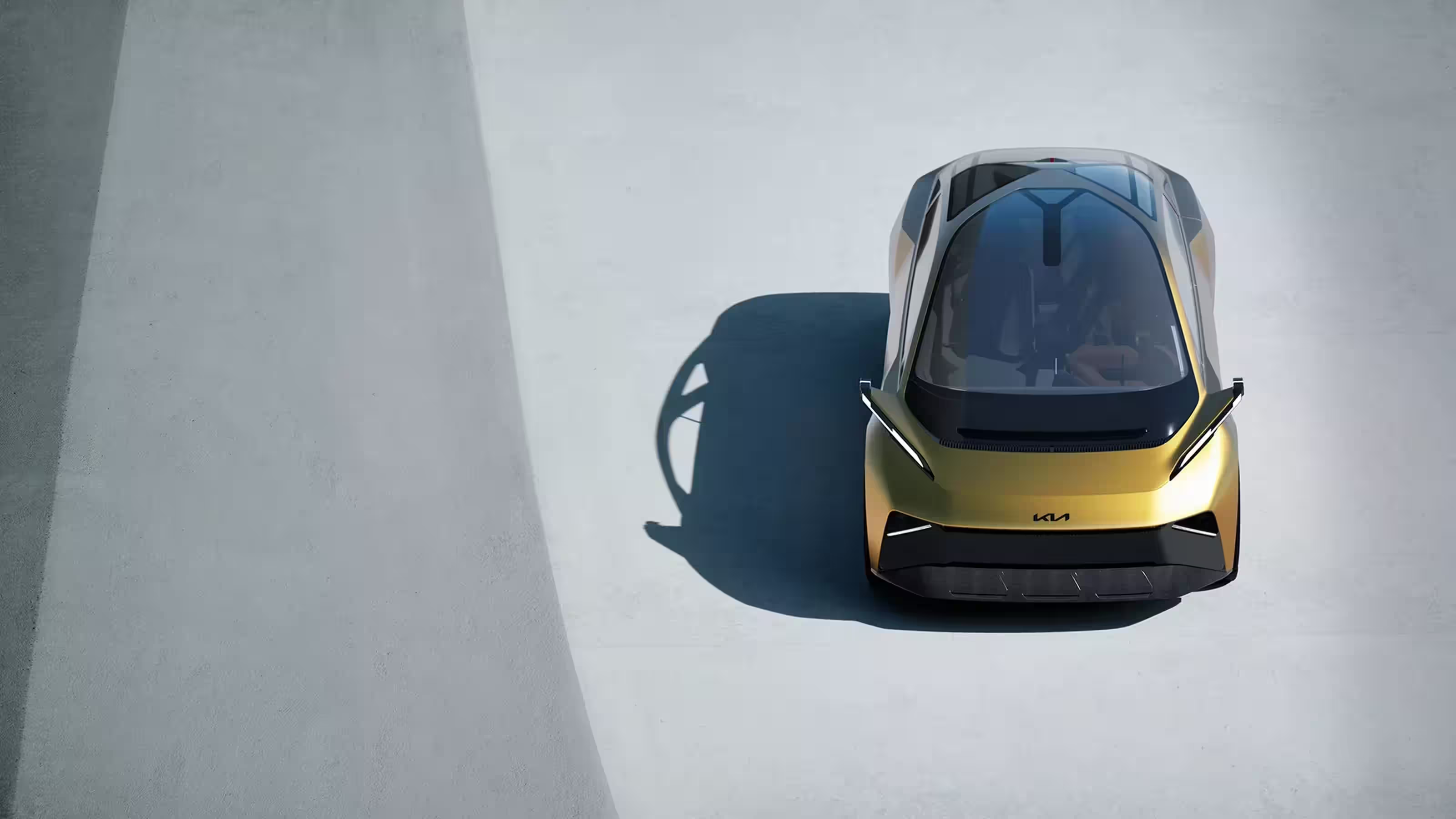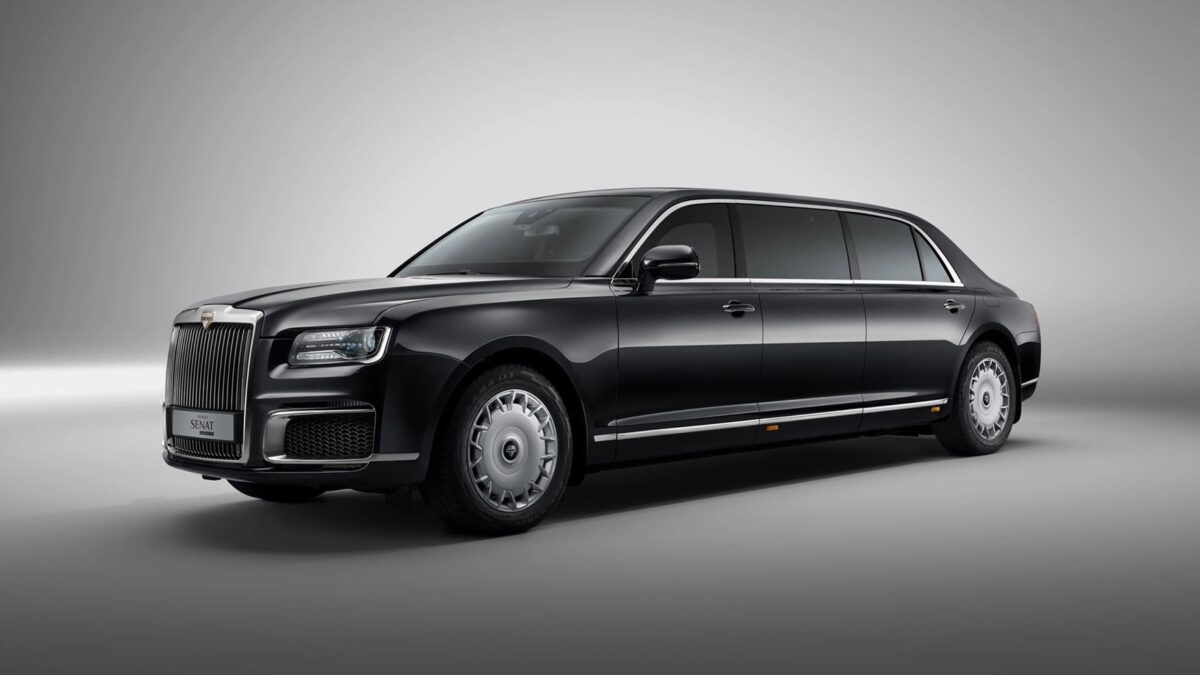Toyota delays launch of next-generation electric car until 2027
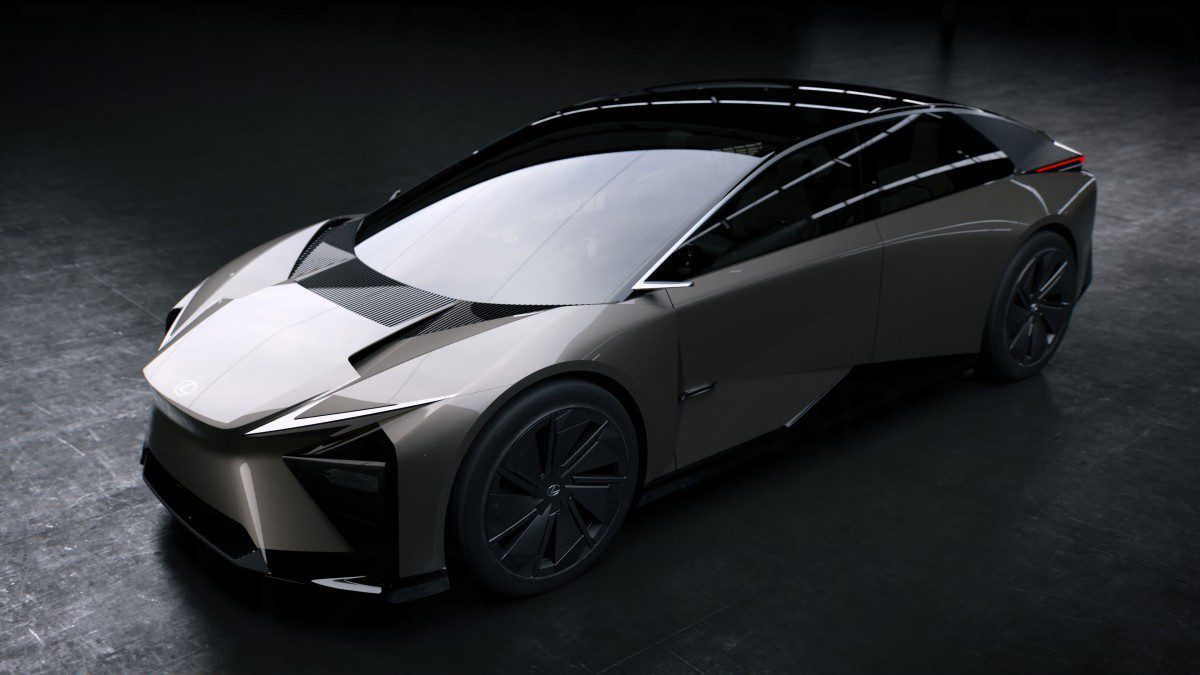
Automotive giant Toyota has announced a delay in the release of its next generation of electric vehicles. Originally scheduled for 2026, the debut of models such as the Lexus LF-ZC and LF-ZL concepts unveiled at the Tokyo Motor Show last October has been pushed back to mid-2027 or even later.
The debut of models such as the Lexus LF-ZC and LF-ZL concepts, unveiled at the Tokyo Motor Show last October, has been pushed back to mid-2027 or even later.
Reasons for the delay
The main reason was the need to finalize new production technologies. Among them is the popular giga-casting method pioneered by Tesla. This approach promises to reduce production costs and increase production speed, but requires significant changes to the manufacturing process.
Innovative batteries and improved performance
.
Despite the delay, Toyota says it is committed to innovation in electric vehicles. The company is developing high-performance batteries that will provide a range of over 1,000 kilometers under the WLTP standard. These batteries will be able to charge from 10% to 80% in about 20 minutes. By comparison, Toyota’s current bZ4X model offers a WLTP range of up to 516 km (406 km EPA standard for the front-wheel-drive version).
Cutting production plans
The delay has also affected the company’s production goals. Instead of the original plan to produce 1.5 million electric vehicles by 2026, Toyota now expects to produce only 1 million.
The delay has also affected the company’s production goals.
Industry Trends
.
Toyota’s decision reflects a broader trend in the auto industry, with Ford, General Motors and Volkswagen also shifting their electric vehicle plans. It points to the difficulties manufacturers face in transitioning from traditional internal combustion engines to electric systems.
The decision by Toyota reflects a broader trend in the auto industry, with Ford, General Motors and Volkswagen also shifting their plans for electric vehicles.
Implications for Toyota
.
Although the company stresses that the extra time is necessary to optimize technology and improve production efficiency, the delay could play into the hands of competitors. Already, Toyota risks falling behind market leaders, which will complicate its position in the fast-growing electric vehicle segment.
And Toyota is already at risk of falling behind market leaders, which will complicate its position in the fast-growing electric vehicle segment.
Only time will tell if Toyota will be able to catch up and maintain its market share. But one thing is certain: competition in electric vehicles continues to intensify.


